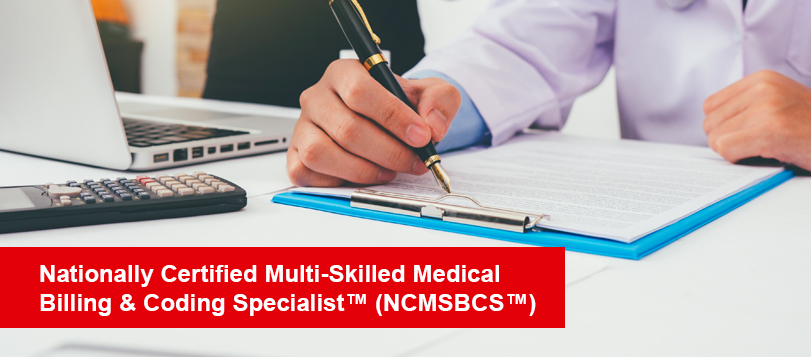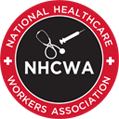
A Certified Billing and Coding Specialist (CBCS) uses specific codes to document medical procedures, diagnoses and symptoms in order to prepare insurance paperwork to submit a claim for reimbursement. Some of the tasks that a CBCS may perform include:
- Ensuring that a patient is covered by insurance before a procedure takes place.
- Processing account transactions, such as accounts payable and receivable.
- Locating accurate coding and billing documentation in the patient’s health record.
- Submitting claims for reimbursement based on each payer’s policies.
- Handling insurance claims, denials and frauds.
There are also other tasks a Medical Billing and Coding Technician may be responsible for, depending on the type of company that they work for.
Where Does a Medical Billing and Coding Technician Work?
Most billing and coding specialists work closely with medical professionals in hospitals, clinics, practices and other healthcare settings, interpreting patient care documentation in order to submit insurance claims to payers. Some specialists, particularly those who are more experienced, can work from home or from remote offices. Many CBCS techs are also hired by insurance companies to process incoming claims.
Professional organizations generally encourage their billers and coders to receive proper training from an accredited school. Many schools offer diploma programs that can be completed in nine to twelve months. Students in these programs study diagnostic and procedural terminology as it relates to the accurate completion of insurance claims. Most programs incorporate hands-on education so that students can prepare insurance claim forms and basic coding procedures. Some schools offer evening classes, so that students can work full time during the day.
The Importance of Certification
NHCWA Certification allows healthcare workers and employers to validate their knowledge and abilities and the mastery of industry-specific skills. Achieving certification helps healthcare organizations demonstrate that their business is run effectively by qualified staff. Meanwhile, recertification reflects a commitment to ongoing learning and improvements. Additionally, organizations that are NHCWA certified can successfully demonstrate to patients, employees and other companies that they use industry-respected best practices.
NHCWA Certification Benefits Patients and Families: NHCWA Certification provides validation that a medical organization and its employees have demonstrated the necessary knowledge and skills to meet the complex requirements of the healthcare industry. This ensures high quality care delivery, which can give patients and families peace of mind.
NHCWA Certification Benefits Healthcare Professionals: In order to become certified, healthcare professionals must validate their industry-specific knowledge and skills. Passing the certification process allows them to position themselves for appropriate recognition, and it can give them a critical sense of confidence and achievement.
NHCWA Certification Benefits Employers: Certification is a vehicle for hospitals to distinguish themselves from competitors. It demonstrates to consumers that the organization attracts only the most skilled and experienced healthcare workers. Achieving NHCWA certification (and meeting the continuing education requirements necessary to maintain it) also contributes to an environment of professionalism and a culture of employee retention. This is especially critical given the severe shortage of qualified healthcare workers.
NHCWA Medical Billing And Coding Specialist Certification Requirements:
One of these requirements must be met:
- Graduation from an allied health vocational training program
- One year of work experience in the field
- Military experience/training in the field
- Reciprocity from another certifying agency
Click here to register
Click here to renew your certification
Click here to visit NHCWA self-service portal
